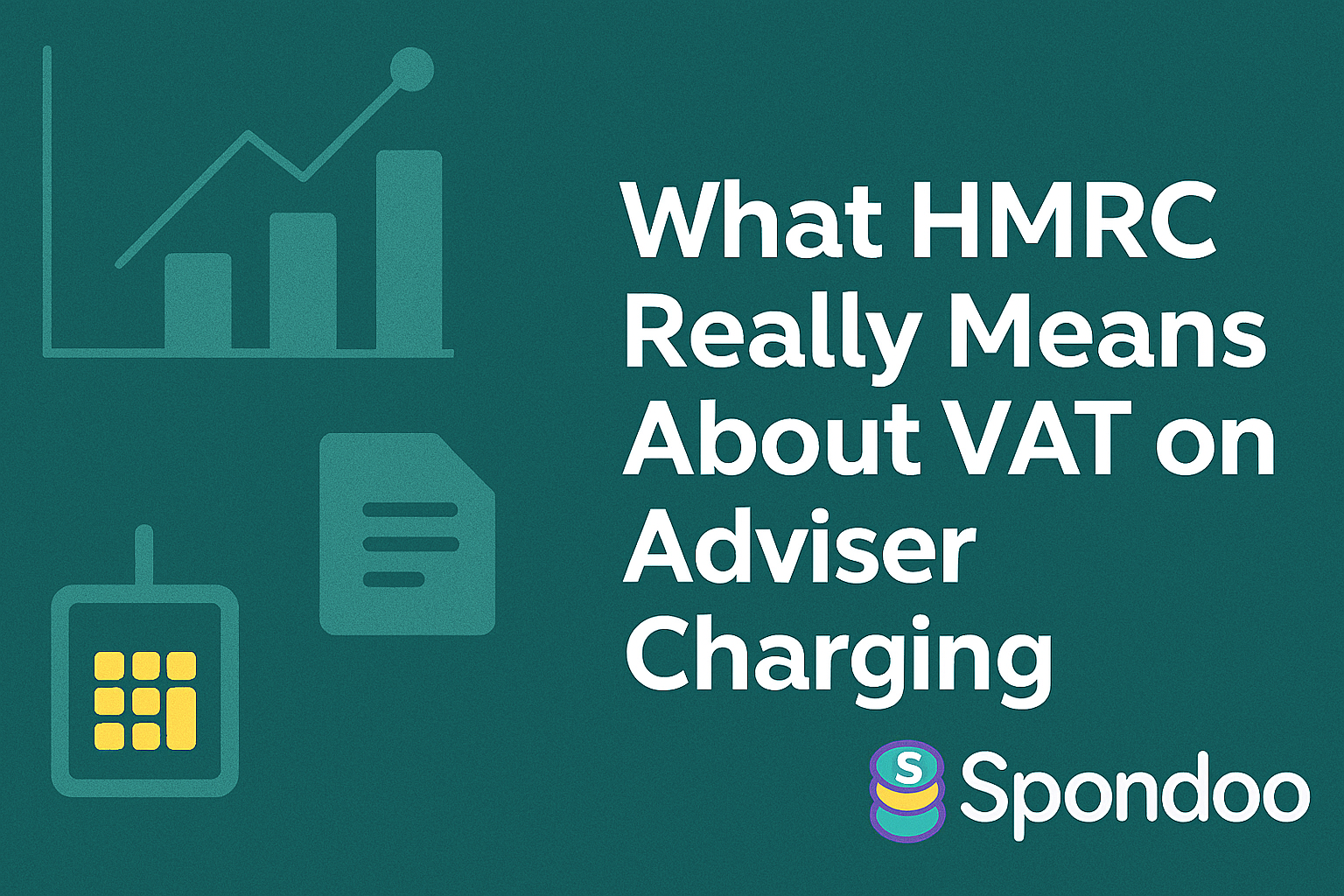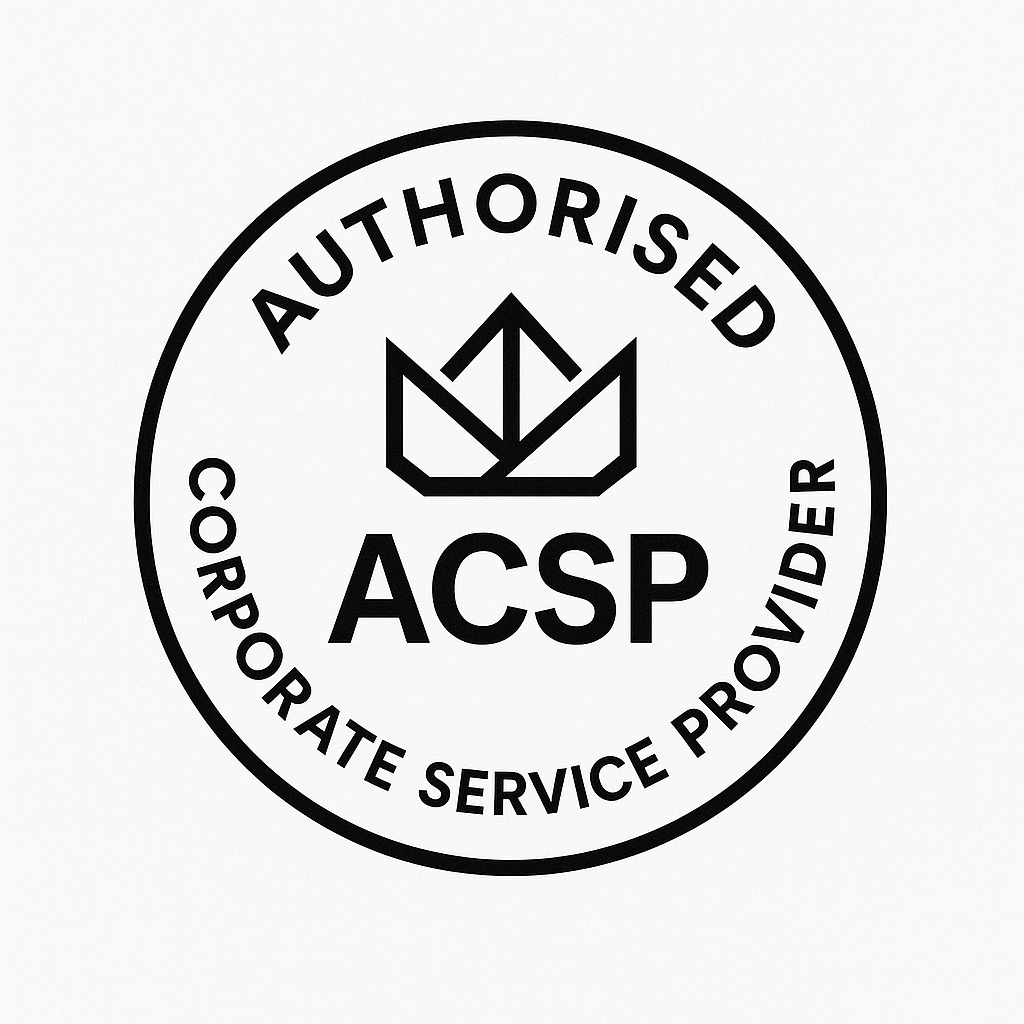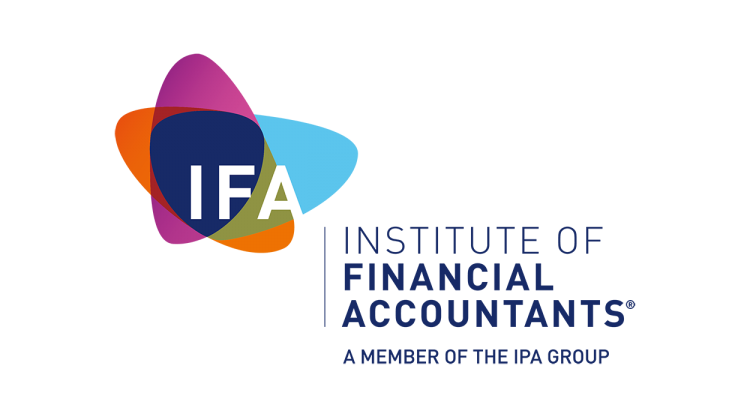
Ever since the Retail Distribution Review (RDR) removed commission and introduced adviser charging, the VAT rules around financial advice have been confusing. Let's break it down and clarify what HMRC says.
HMRC says VAT exemption only applies when your service involves intermediation. It draws a sharp line between intermediation and advice when it comes to VAT.
Intermediation is the act of actively assisting a client in acquiring a financial product. When your service qualifies as intermediation, it's exempt from VAT. But if your service falls strictly under the category of advice—without any direct involvement in arranging a product—then VAT applies.
Here's the difference:
Identifying a client's specific product needs
Introducing the client to a specific product provider
Assisting with completing application forms
Helping them follow througho n an intention to purchase
These are considered direct contributions to the sale of a product, and therefore, they benefit from VAT exemption.
Performing general financial health checks
Offering investment or pension forecasts
Recommending products without arranging it
Reviewing current arrangements when no new product is arranged
If no sale or product implementation occurs, and there’s no clear intention to buy, VAT applies.
HMRC has identified six common stages in delivering financial advice. However, not all of them enjoy VAT relief.
Here’s how the VAT rules apply to each:
Fact-Finding: Understanding the client’s financial position– taxable
Research: Exploring available products and market options – taxable
Reporting: Presenting findings, analysis, or financial plans – taxable
Recommending: Suggesting a specific product, but not implementing it – taxable
Implementation: Assisting the client in purchasing the product – VAT-exempt
Ongoing Service: Continuing support or reviews – exempt only if linked to an existing VAT-exempt sale
Only Stage 5 (Implementation) is automatically considered intermediation and thus exempt from VAT. The other stages are subject to VAT unless bundled with genuine product arrangement. Ongoing services (Stage 6) may be exempt, but only when they directly follow a sale that was VAT-exempt.
The VAT landscape for adviser charging hinges on whether your service leads to—or directly supports—the sale of a financial product. To remain compliant and avoid unexpected tax bills, it's essential to distinguish clearly between advice and intermediation.
Confused about VAT on your adviser charges?
At Spondoo Accounting, we specialize in helping financial advisers navigate the complexities of HMRC compliance, VAT exemptions, and charging models—without the jargon.
👉🏼 Book a FREE consultation today and get tailored VAT guidance that protects your business and puts your clients first.
📞 Talk to an expert now or visit spondoo.co.uk to get started.




